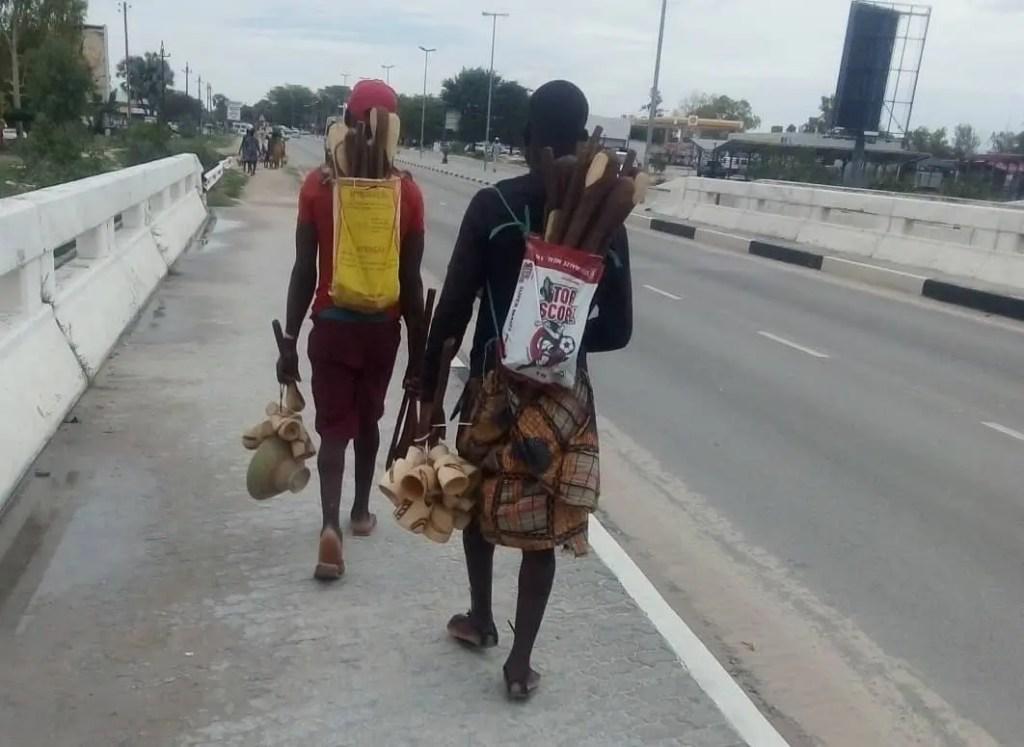Africa-Press – Namibia. FOR many years now, the streets of the northern towns were, and still are, replete with Angolan youngsters walking up and down selling sausages and recharge vouchers.
Without exception, they are all Oshikwanyama-speaking males roughly aged between 13 and 20 originally from the south-central parts of the Cunene province.
When asked, they do not hide their place of origin. However, they suddenly become uncooperative when asked to provide more details, except stating that Namibia is the only place where they can make a living because where they come from there are neither schools nor job opportunities.
“Yeah, I am fine,” said a vendor who identified himself only as Eugenio.
“The little I earn is fairly enough to support my mother back home,” he said with a broad smile. And he would not let his interviewer walk away without supporting him. “Buy sausages for your kids or at least a recharge voucher,” he insisted.
They reject any suggestion of being photographed, perhaps because of their status as illegal immigrants. Meanwhile, new vendors have joined them since last year.
They are also from Angola, but from a different area: The southwest of the Cunene province. Most speak Nyaneka-Humbi dialects. Some are as young as eight and do not at all understand the local Oshiwambo languages, making the vendor-buyer communication practically impossible. They sell handcrafts such as traditional baskets, knobkerries and a variety of traditional kitchen utensils.
They emerged at a time last year when thousands of Angolans flocked to Namibia fleeing a devastating drought afflicting Angola’s Cunene province, where inhabitants have traditionally depended on Namibia for essential services such as health care, procurement of goods and even schooling.
Oshakati town council spokesperson Katarina Kamari commented that the presence of Angolan vendors on the town’s streets is not a problem as long as they move up and down and do not go to places where hawkers are not allowed.
Oshana Regional governor Elia Irimari said that seeing child hawkers is really an eyesore. “It is very unfortunate that small kids have become hawkers instead of attending school,” he said, adding that although they come from Angola, their presence might have a negative impact on the local community.
For More News And Analysis About Namibia Follow Africa-Press






